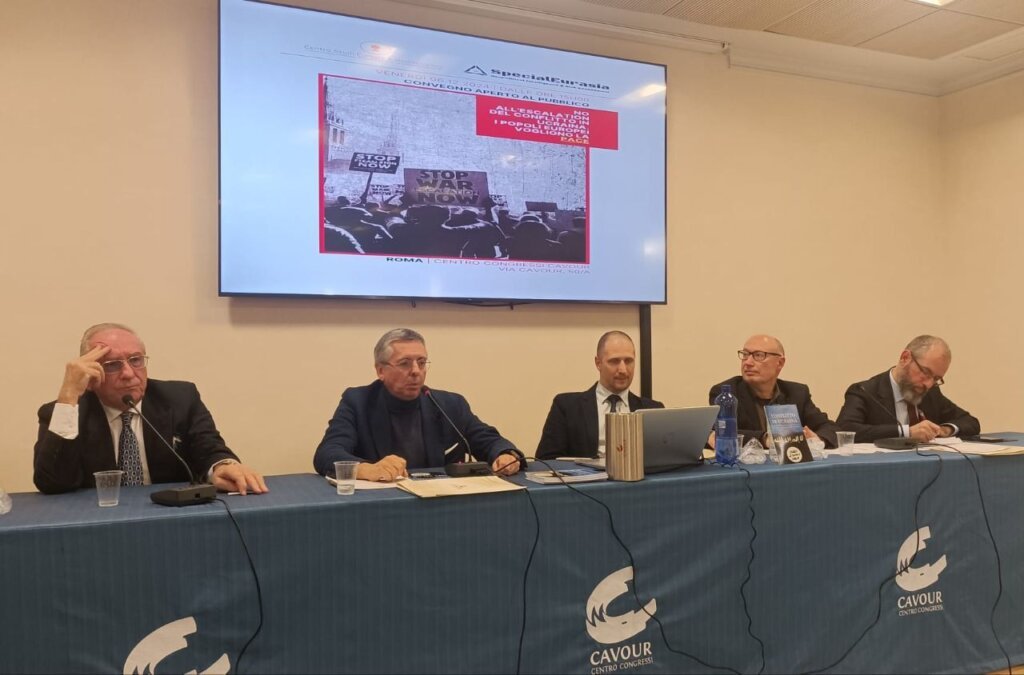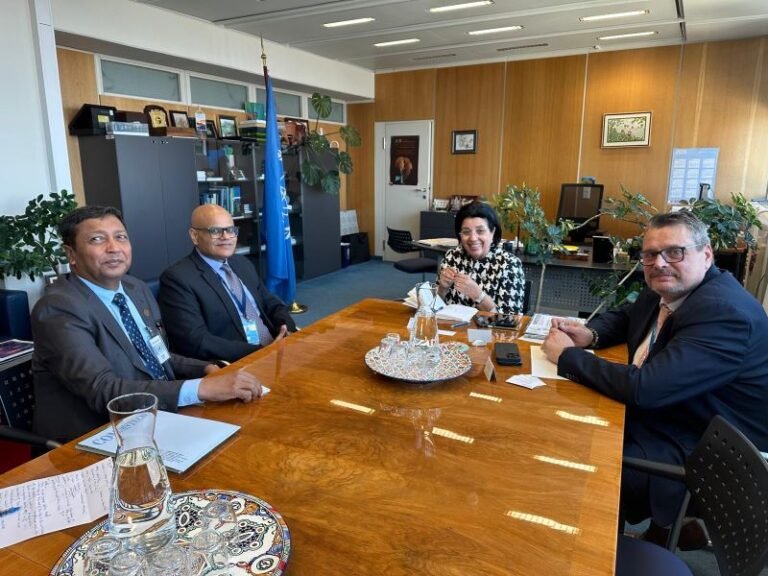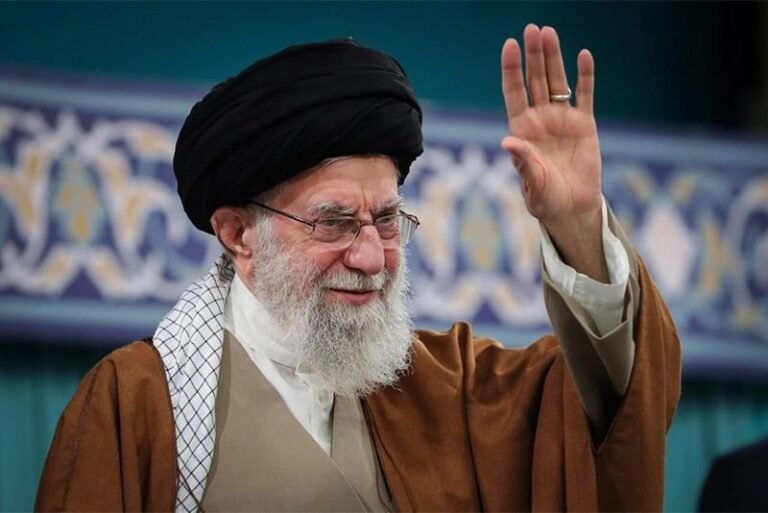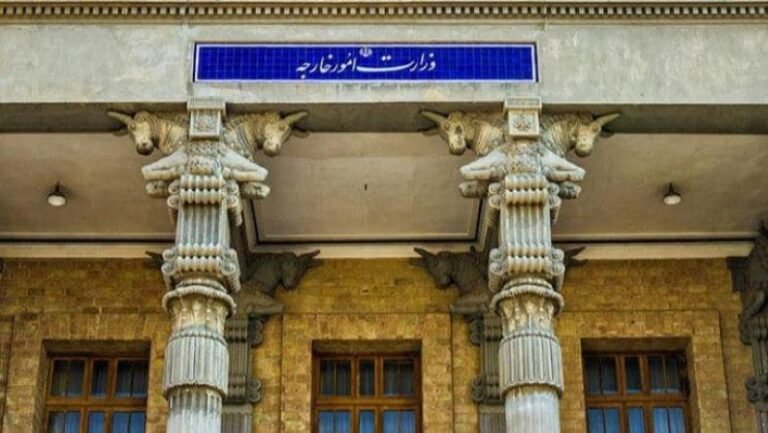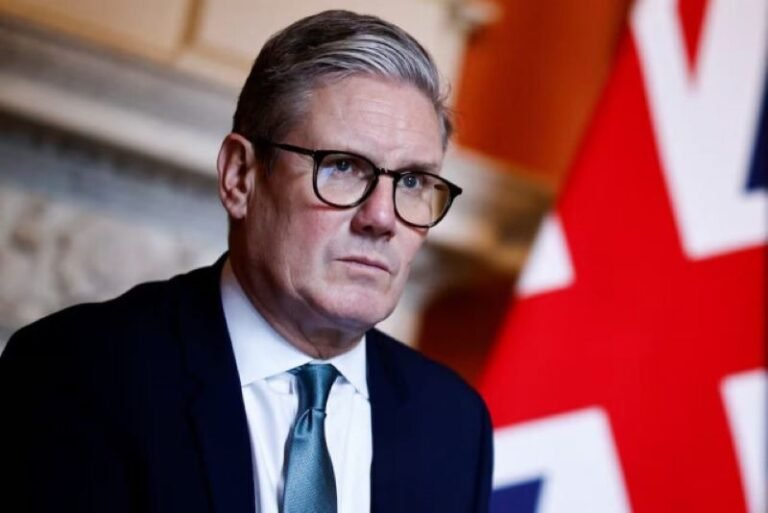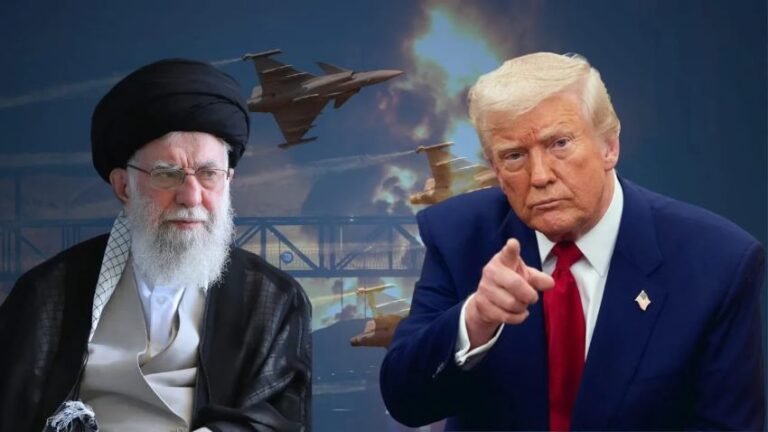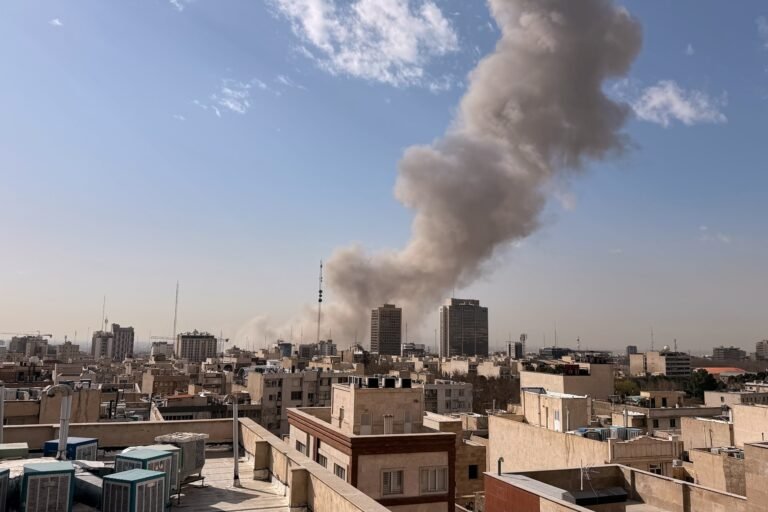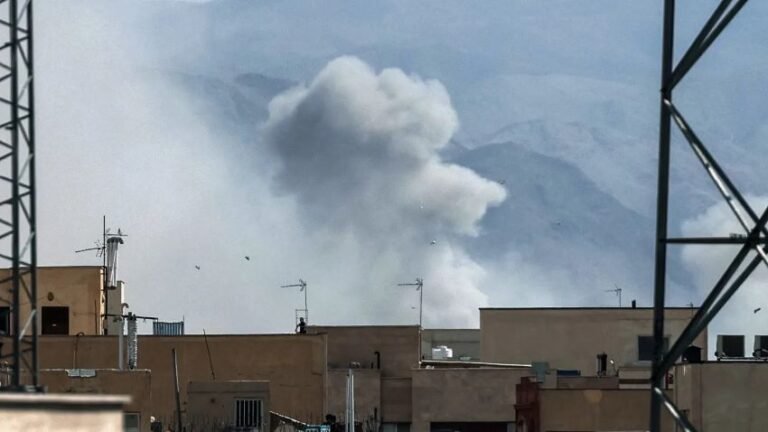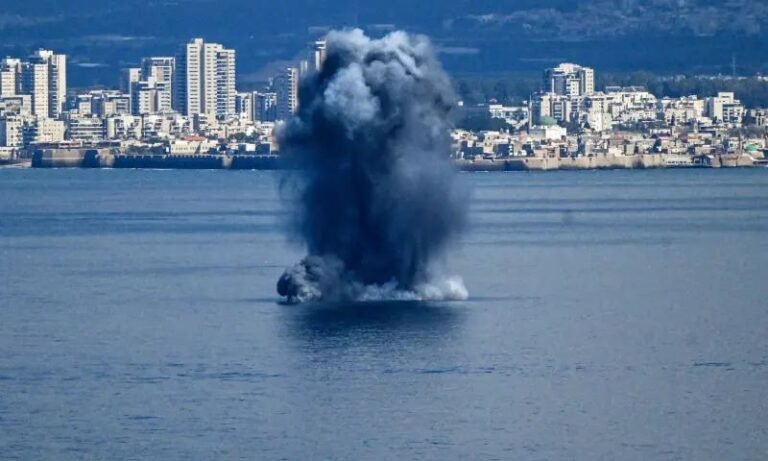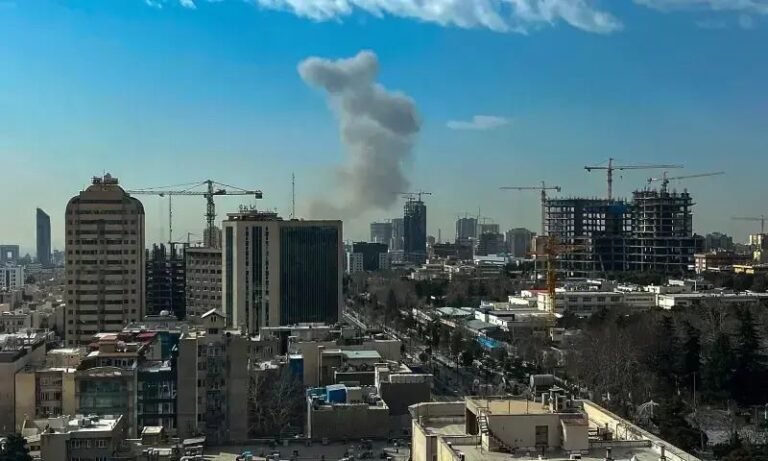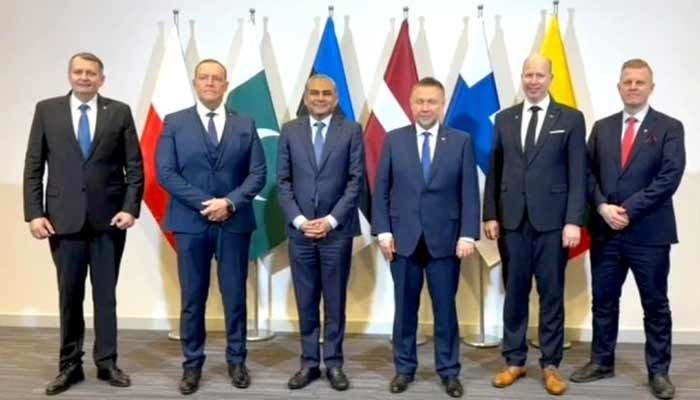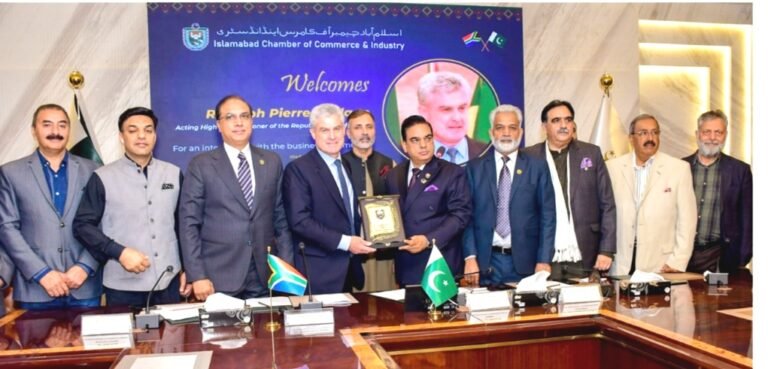KYIV, (TDI): Leading military professionals, political analysts, diplomats, and experts gathered at a pivotal event organized by the CeSEM – Centro Studi Eurasia Mediterraneo, in collaboration with SpecialEurasia, to discuss the escalating Ukraine war.
The event, titled “Escalation Risks in the Ukraine Conflict: European People Want Peace,” brought together a diverse panel of thought leaders to explore the ongoing crisis and its potential solutions.
The event centered around three core themes: defense, politics, and diplomacy, with a focus on addressing Europe’s vulnerability amid the escalating war in Ukraine. Experts issued a collective call for immediate de-escalation and proposed strategies aimed at mitigating the severe humanitarian, economic, and geopolitical consequences of the conflict.
Defense Panel: Urging European Military Resilience
The first panel, moderated by Giuliano Bifolchi, Research Manager at SpecialEurasia, examined Europe’s defense posture in light of the ongoing war. General Francesco Cosimato delivered a stark critique of Europe’s fragmented defense capabilities, arguing that Europe must develop a cohesive and independent military strategy to safeguard its security without relying on external actors like the United States.
He warned of serious deficiencies in Europe’s military infrastructure, including outdated artillery, insufficient long-range missile capabilities, and inadequate airlift capacity.
Also Read: US to Send $725 Million in Military Aid to Ukraine
These weaknesses, Cosimato argued, leave Europe vulnerable to both conventional and hybrid threats, such as cyberattacks and the growing use of drones and hypersonic missiles.
Lieutenant Colonel Fabio Filomeni further emphasized the changing nature of warfare, pointing out the growing importance of electronic warfare and cyberattacks in modern conflicts. Filomeni criticized the European Union’s inconsistent policy towards Russia, claiming that Brussels’ support for militaristic measures has only heightened tensions and undermined diplomatic efforts to resolve the conflict.
The panel also raised concerns about the potential for the war to escalate into a broader NATO-Russia confrontation. Experts cautioned that continued arms shipments to Ukraine and Russia’s development of advanced weapons could lead to catastrophic consequences for European security.
Political Panel: Europe’s Strategic Missteps
The political panel, moderated by Stefano Vernole, CeSEM’s Foreign Affairs Manager, focused on Europe’s response to the Ukraine crisis. Speakers Gianni Alemanno and Roberto Vannacci argued that the European Union has failed to act as an independent mediator, instead aligning itself too closely with U.S. policies. This alignment, they said, has exacerbated Europe’s economic vulnerabilities, particularly in the energy sector, and has compromised the continent’s strategic autonomy.
Alemanno, in particular, critiqued Italy’s pro-Atlantic stance under leaders like Giorgia Meloni, arguing that it has led to significant economic and industrial setbacks.
He suggested that Europe should adopt a more pragmatic approach, one that balances diplomacy and military engagement, to ensure long-term peace and stability.
Also Read: Putin Blames West for Escalating Ukraine Conflict
Alemanno proposed internationally supervised referenda in contested regions such as Donbas to gauge local support for potential political solutions, including guarantees to prevent Ukraine’s NATO membership.
Vannacci, echoing Alemanno’s concerns, pointed to the Ukraine conflict as a proxy battle between the U.S. and Russia, with European interests sidelined. He criticized the EU’s sanctions on Russia, arguing they have weakened Europe’s geopolitical position and harmed its own economies.
Diplomacy Panel: A Call for Active Engagement
The final panel, moderated by Federico De Renzi, CeSEM’s Analyst, highlighted the lack of effective diplomatic engagement in the Ukraine crisis. Ambassador Bruno Scapini framed the conflict as part of a broader geopolitical struggle to destabilize global systems, driven by “globalized capital” and a technocratic elite. He warned that the growing militarization of international politics threatens peace and stability.
Ambassador Marco Carnelos placed the conflict within the context of a shifting global order, likening it to the crises of the early 20th century.
Carnelos argued that the war’s outcome will significantly impact the global balance of power, with a Russian victory being the least damaging scenario for global stability. He also criticized the U.S.’s provision of long-range weaponry to Ukraine, suggesting that it was driven more by domestic political calculations than by genuine strategic considerations.
Both ambassadors underscored the importance of China’s role in the conflict, with Carnelos warning that a Russian defeat would leave Beijing isolated and potentially at odds with the European Union.
A Preliminary Peace Proposal
At the close of the event, the panelists drafted a preliminary peace proposal reflecting the insights from the discussions. The draft calls for an immediate ceasefire and political negotiations, emphasizing the need for security guarantees for all parties involved, including Russia’s concerns about NATO expansion.
It advocates for a balanced approach that prioritizes diplomacy and de-escalation over continued military escalation, with the ultimate goal of fostering long-term peace and stability in Europe.
As the conflict in Ukraine continues to escalate, the call for peace is growing louder, with experts urging European leaders to take bold steps toward reducing tensions and promoting a diplomatic resolution to the crisis.

